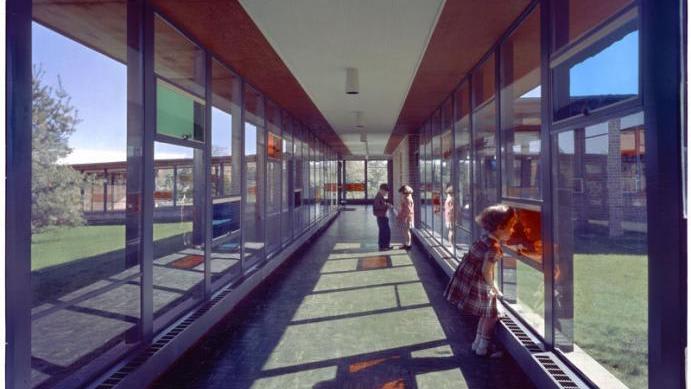Event
Amy Ogata: Design, Creativity and Postwar American Childhood

MFA Design Criticism
136 West 21st Street, 2nd floor, New York, NY 10011Design historian Amy Ogata discusses the idea that childhood creativity is an untapped natural resource that can be cultivated for strategic societal gains. Coming to fruition in the period following World War II, this idea was understood in rosy, nationalistic terms and materialized in artful building toys, sculptural playgrounds, children’s bedrooms and playrooms, postwar schools, special museums and art products—all designed to develop imagination in a growing cohort of Baby Boom children. Ogata suggests that this notion, formed in a context of Cold War anxiety, continues to haunt everyday objects, built environments and American culture. Presented by the MFA Design Criticism Department.
Ogata is a professor at the Bard Graduate Center: Decorative Arts, Design History, Material Culture in New York City. Her research explores the history of modern European and American architecture, design and decorative arts, as well as world’s fairs and the material culture of childhood. Her book Designing the Creative Child: Playthings and Places in Midcentury America (University of Minnesota Press, 2013) was published earlier this year.
After the lecture, visitors are invited to attend a Q&A with refreshments in the MFA Design Criticism reading room with the department's students and faculty. RSVP to reserve a seat.

